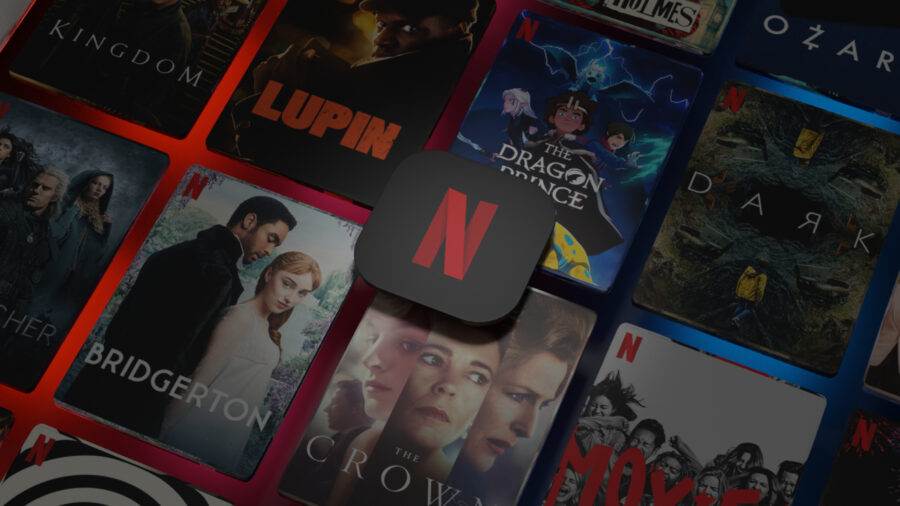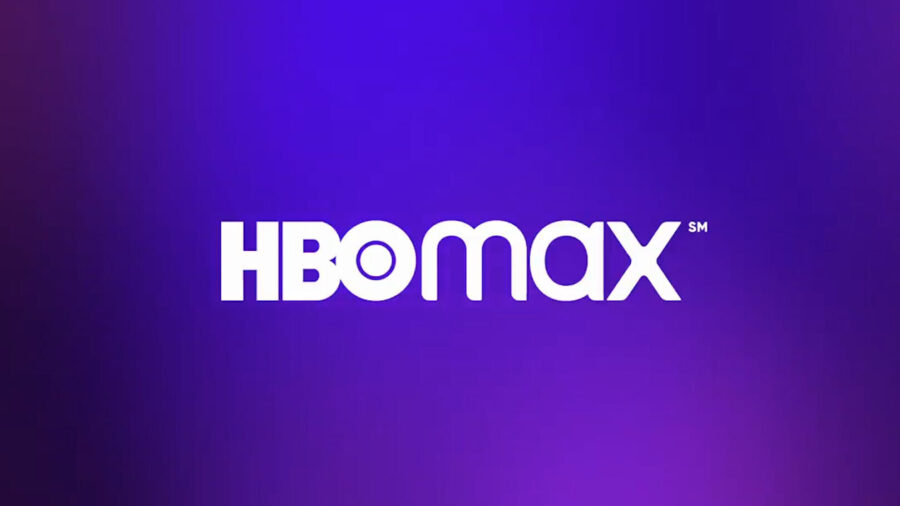Netflix Is Happy There Is A Writers Strike And People Are Out Of Work?
Netflix is reportedly sure that the WGA strike will simply cause viewers to watch existing content.

Right now, it seems like all of Hollywood is worried about the current writer’s strike because it will dramatically affect the ability to produce scripted content in a timely manner. For example, James Gunn was all set to bring us the latest Superman movie in 2025, but he is now temporarily off that project because he is showing solidarity with the striking workers. But The Hollywood Reporter reports that Netflix CEO Ted Sarandos isn’t too worried about these events because “we have a large base of upcoming shows and films from around the world.”
In other words, Netflix is gambling that in the absence of new content, consumers will start diving into older content. And there may be something to this idea: how often have you heard people complain that there’s too much good stuff to watch and not enough time to watch it? It seems Sarandos is hoping that more consumers will use this time to binge-watch all those shows and movies they haven’t seen yet, helping the streaming company “serve our members better than most” of their competitors.
Speaking of competitors, Netflix isn’t alone in this belief, as Warner-Discovery CEO David Zaslav recently said something similar. HBO is the exclusive home to shows like Succession, Barry, and House of the Dragon, so Zaslav is hoping that audiences will flock to HBO Max for their content needs. However, there are many who are skeptical that this streaming strategy will be very effective.

One reason to be skeptical about Netflix’s confidence is that, even if they are correct, this is only a short-term strategy at best. Streaming juggernauts still rely on a steady stream (no pun intended) of new content coming in because if they don’t have that, more people will unsubscribe. If Netflix can’t get new content from studios and can’t create their own content for an indefinite time period, then it’s only a matter of time before someone ditches Netflix and picks up a different streaming service such as Amazon Prime.
And “time” is the key issue for Netflix because the last writer’s strike lasted for three months. On paper, that doesn’t seem like a very long time, but this was enough to deeply disrupt late-night television and led to some of the worst television ever made. If you doubt that last part, get a Star Trek fan to show you the final episode of The Next Generation’s second season: an awful clip show.
The potential quality of future shows and movies is also the elephant in the room, but it’s an elephant that Netflix seems to be ignoring so far. If the streaming giant is content to rely on its back library of good content, what are they going to do when customers watch most of that? By that point, Netflix will be left with only whatever awful new content has been created without actual writing talent.
Some think that Netflix and movie studios might eventually address this issue by using scripts written by AI. However, it’s looking increasingly likely that actors and directors may also go on strike in solidarity with writers, so it might be impossible to bring these AI movies and shows to life. And even if the actors and directors don’t go on strike, the bottom-of-the-barrel content that AI is likely to produce may ultimately lose Netflix even more subscribers than the password fiasco, possibly putting a permanent end to a company that once defined the streaming era.












